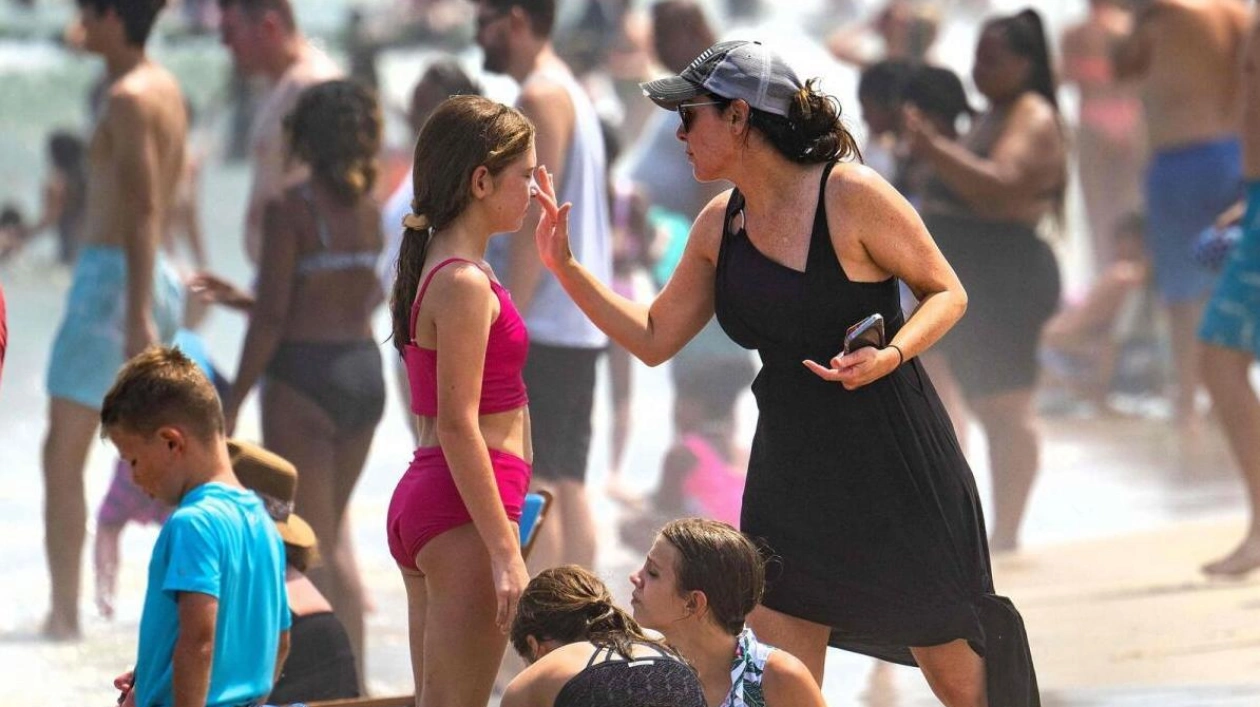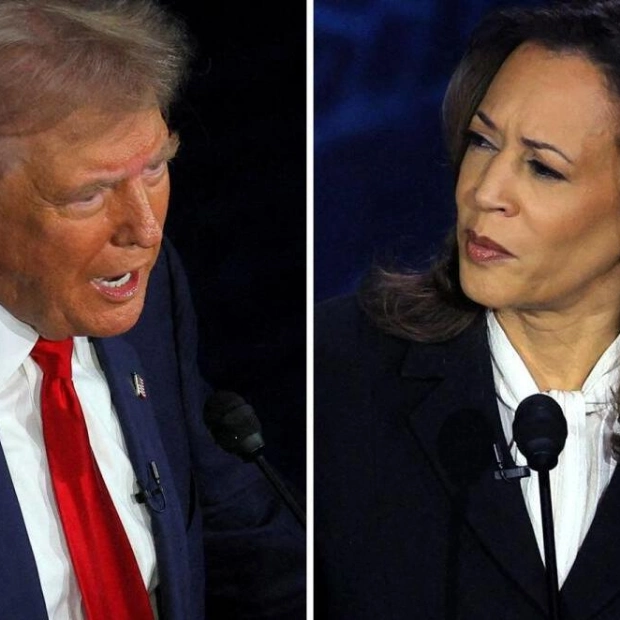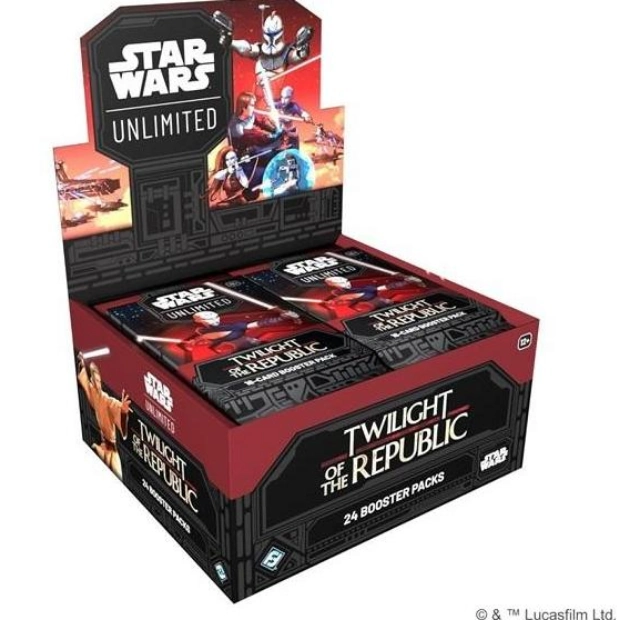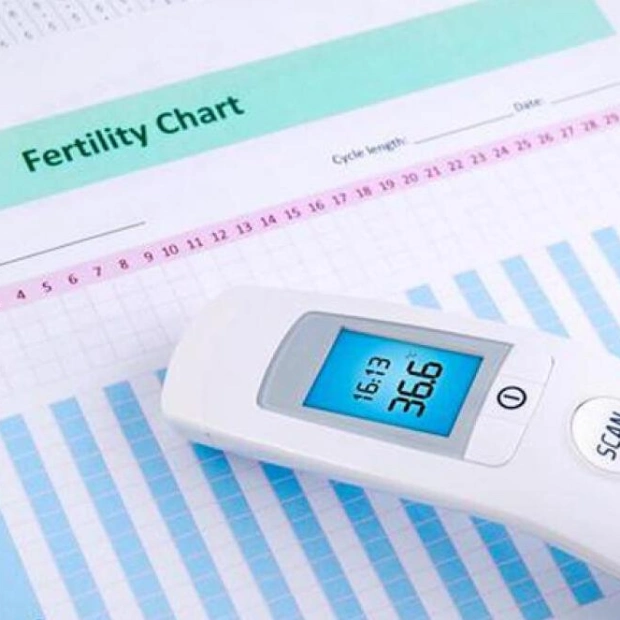A TikTok influencer dismissively throws a tube of sunscreen over his shoulder and claims that the cream causes cancer, promoting instead "regular sun exposure" to his 400,000 followers. This contradicts US dermatologists who are battling a surge in such dubious misinformation.
During a scorching summer, some social media influencers are dispensing potentially hazardous advice on sun protection. This comes despite heightened warnings from health experts about the risks of overexposure, given the rising rates of skin cancer.
Adding to the public health crisis, videos with millions of views share "homemade" sunscreens using ingredients like beef tallow, avocado butter, and beeswax, claiming they offer effective protection. In a viral TikTok video, "transformation coach" Jerome Tan discards a commercial cream, advising his followers that consuming natural foods will enable the body to produce its own sunscreen, without providing any scientific evidence.
Such online misinformation is increasingly leading to real-world harm. A survey by Ipsos for the Orlando Health Cancer Institute found that one in seven American adults under 35 believes daily sunscreen use is more harmful than direct sun exposure, and nearly a quarter thinks staying hydrated can prevent sunburn.
As influencers increasingly question the safety of commercial sunscreens, a US survey shows a decline in their use, with 75 percent of Americans now regularly using sunscreen, down from 79 percent in 2022. This trend aligns with growing public skepticism of established medical advice, including guidance on Covid-19 and other vaccines, and a rising reliance on influencers with minimal scientific background.
Dermatologists are urgently trying to correct the misconception that increased sun exposure is beneficial for the skin. "There is no safe tan," warns Daniel Bennett, a dermatologist and professor at the University of Wisconsin School of Medicine and Public Health. He emphasizes that ultraviolet light exposure is the primary preventable cause of skin cancer.
Many misleading or false claims originate from influencers aiming to monetize their content on social media platforms, where sensational and false information often drives engagement. Some content creators exploit "sunscreen skepticism" to promote their own supplements or endorse alternative all-natural sunscreens, according to Eric Dahan, founder of influencer marketing agency Mighty Joy.
Dahan highlights an Instagram post advising against constant sunscreen use while promoting a range of skincare products. Another Instagram influencer, holding a surfboard on a beach, rejects sunscreen, claiming not to worry about skin cancer while endorsing "animal-based sunscreen" made from beef tallow.
Megan Poynot Couvillion, a Texas dermatologist, clarifies that tallow, or rendered beef fat, cannot block ultraviolet radiation and should not be used as a sunscreen. The US Food and Drug Administration calls for more research into commercial sunscreen ingredients but recommends their use, noting that excessive sun exposure significantly contributes to skin cancer.
The American Academy of Dermatology warns that homemade sunscreens lack effective protection, leaving users susceptible to sunburn, premature skin aging, and skin cancer. Some influencers include zinc oxide in their recipes, a known sun protector, but creating an effective homemade sunscreen that blocks UV radiation is impractical, according to Adam Friedman, a professor at the George Washington University School of Medicine and Health Sciences.






